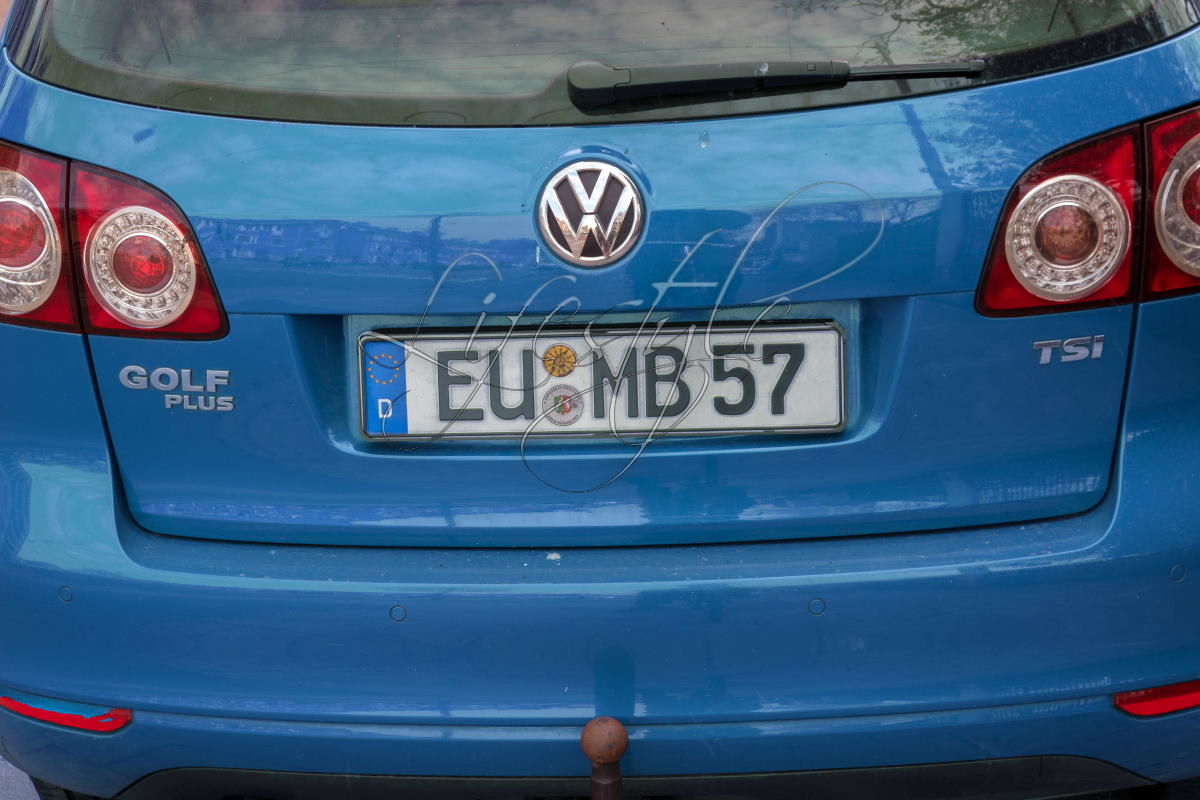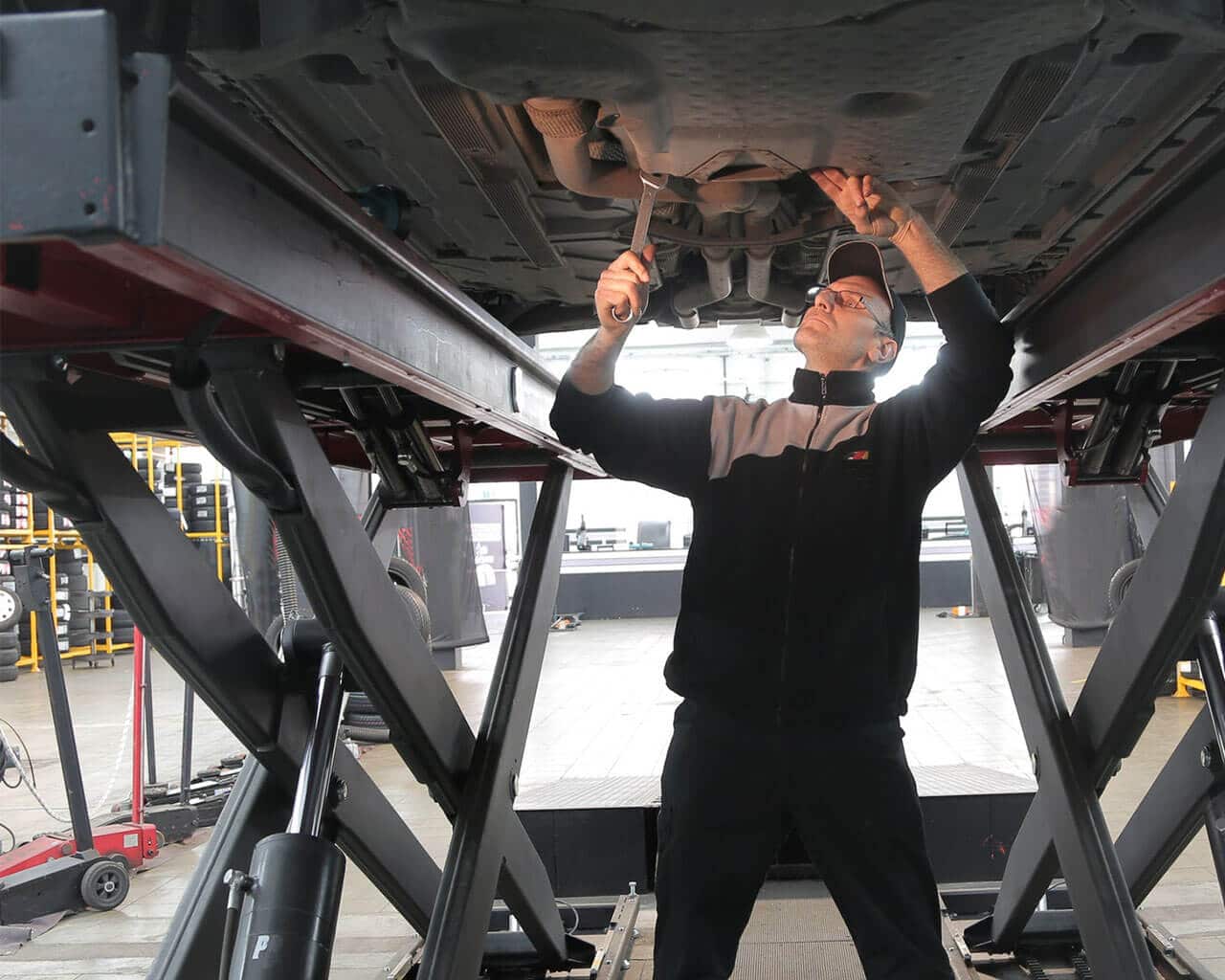Important Papers Needed to Register a Foreign Vehicle in Spain
Important Papers Needed to Register a Foreign Vehicle in Spain
Blog Article
Common Difficulties Faced During Foreign Vehicle Registrations and Just How to Conquer Them
Navigating the intricacies of international lorry registrations can be a complicated task, filled with difficulties that differ dramatically across jurisdictions. Concerns such as deciphering regional laws, getting over language barriers in important paperwork, and fixing up disparities in lorry specifications usually develop.

Understanding Neighborhood Rules
Navigating the intricacies of foreign automobile enrollment begins with an extensive understanding of regional policies. Each nation has its certain legislations and needs regulating the registration of cars, which can differ considerably from one territory to one more (Register a foreign Vehicle in Spain). It is crucial for international vehicle owners to acquaint themselves with these regulations to guarantee compliance and prevent prospective penalties or legal issues

In addition, some jurisdictions mandate lorry inspections to ascertain compliance with regional safety and discharges standards. This might necessitate alterations to the vehicle prior to it can be lawfully signed up. Involving with local authorities or talking to legal specialists can provide clearness on these guidelines.
Language Obstacles in Documentation
Language obstacles posture significant difficulties when it pertains to the documents needed for foreign lorry registration. Several individuals run into problems in comprehending the details requirements described in neighborhood policies, as these files are usually published in the main language of the host nation. Misinterpretations can bring about the submission of inaccurate or incomplete paperwork, resulting in hold-ups or rejection of registration.
Moreover, crucial files, such as title deeds, proof of ownership, and insurance policy policies, might not have easily available translations - Register a foreign Vehicle in Spain. This can create confusion for international car proprietors who are unfamiliar with the regional terminology and lawful lingo. As a result, navigating the enrollment process becomes difficult, frequently calling for additional effort and time to make sure conformity
To reduce these concerns, it is recommended for international vehicle proprietors to look for expert translation services or speak with local experts that can help in comprehending the requisite documents. In addition, government companies might give multilingual resources or standards to facilitate the enrollment process. Proactively attending to language obstacles can simplify the registration experience, making certain that all needed files are accurately prepared and sent in conformity with neighborhood laws.
Automobile Specification Inconsistencies

Experiencing vehicle spec disparities can produce substantial obstacles for international car owners throughout the enrollment process. These discrepancies typically occur from differences in manufacturing criteria, dimension systems, and governing needs in between the automobile's nation of beginning and the host nation. A vehicle that fulfills safety and discharges criteria in one nation may not line up with the specs required for registration in an additional, leading to hold-ups or straight-out denials.
To get over these challenges, it is critical for foreign lorry owners to carry out complete study prior to launching the enrollment procedure. This consists of recognizing the details requirements set by the local authorities, such this post as safety and security standards, discharges degrees, and any type of needed alterations. Involving with an expert solution specializing in foreign lorry enrollment can also give valuable insights and support in navigating these discrepancies.
Paperwork plays a vital duty, so making sure that all technical specifications and alterations are accurately shown in the documents can alleviate issues. Furthermore, keeping open communication with neighborhood registration authorities can give clearness on any type of potential disparities, enabling prompt resolution and effective enrollment of the lorry.
Navigating Tax Requirements
Comprehending the tax obligation demands related to foreign lorry enrollment is necessary for proprietors wanting to conform with local laws. Each jurisdiction has specific tax obligation responsibilities that must be met prior to a lorry can be legitimately signed up. These may consist of import responsibilities, value-added tax obligations (BARREL), and annual car continue reading this tax obligations, which can vary considerably depending on the automobile's origin, value, and specifications.
To browse these tax obligation demands effectively, car proprietors need to start by investigating the certain taxes appropriate in their area. Consulting with regional tax authorities or a tax obligation expert with experience in foreign car registrations can supply quality on the process and potential responsibilities.
Additionally, it is critical to keep thorough documentation of the automobile's purchase and any kind of payments made, as this will be essential for tax obligation estimations and possible audits. Proprietors must likewise be aware of any due dates connected with tax payments to stay clear of penalties or delays in registration.
Evaluation and Compliance Issues
Routinely addressing inspection useful reference and compliance issues is essential for owners of foreign lorries looking for to register them in a new territory. Each area has distinctive laws pertaining to car safety, emissions, and adjustments, which can position considerable obstacles for owners not familiar with local criteria. Comprehending these demands is crucial to stay clear of delays and additional expenses.
One common issue emerges when foreign automobiles do not satisfy the host jurisdiction's safety and security and exhausts standards. Owners need to proactively verify that their cars abide by local guidelines, which may involve adjustments or obtaining needed paperwork from producers. In addition, several territories call for a detailed evaluation by an accredited facility, which can result in additional complications if the lorry falls short to meet specific criteria.
To navigate these obstacles, proprietors can seek advice from regional automobile registration authorities or seek help from specialists knowledgeable about the enrollment procedure. Preparing all necessary documents ahead of time, consisting of previous inspection reports and evidence of compliance, can streamline the enrollment process. Inevitably, comprehensive preparation and recognition of evaluation demands can considerably improve the probability of a successful foreign vehicle enrollment.
Conclusion
In summary, the process of foreign vehicle enrollment requires numerous obstacles, consisting of understanding of neighborhood regulations, language obstacles in documents, disparities in lorry specs, navigation of tax obligation needs, and inspection and conformity issues. Attending to these difficulties necessitates diligent study, utilization of specialist translation services, and assessment with regional authorities. Involving specialized solutions can guarantee adherence to security and emissions criteria, eventually helping with a smoother enrollment process and compliance with all relevant commitments.
Report this page